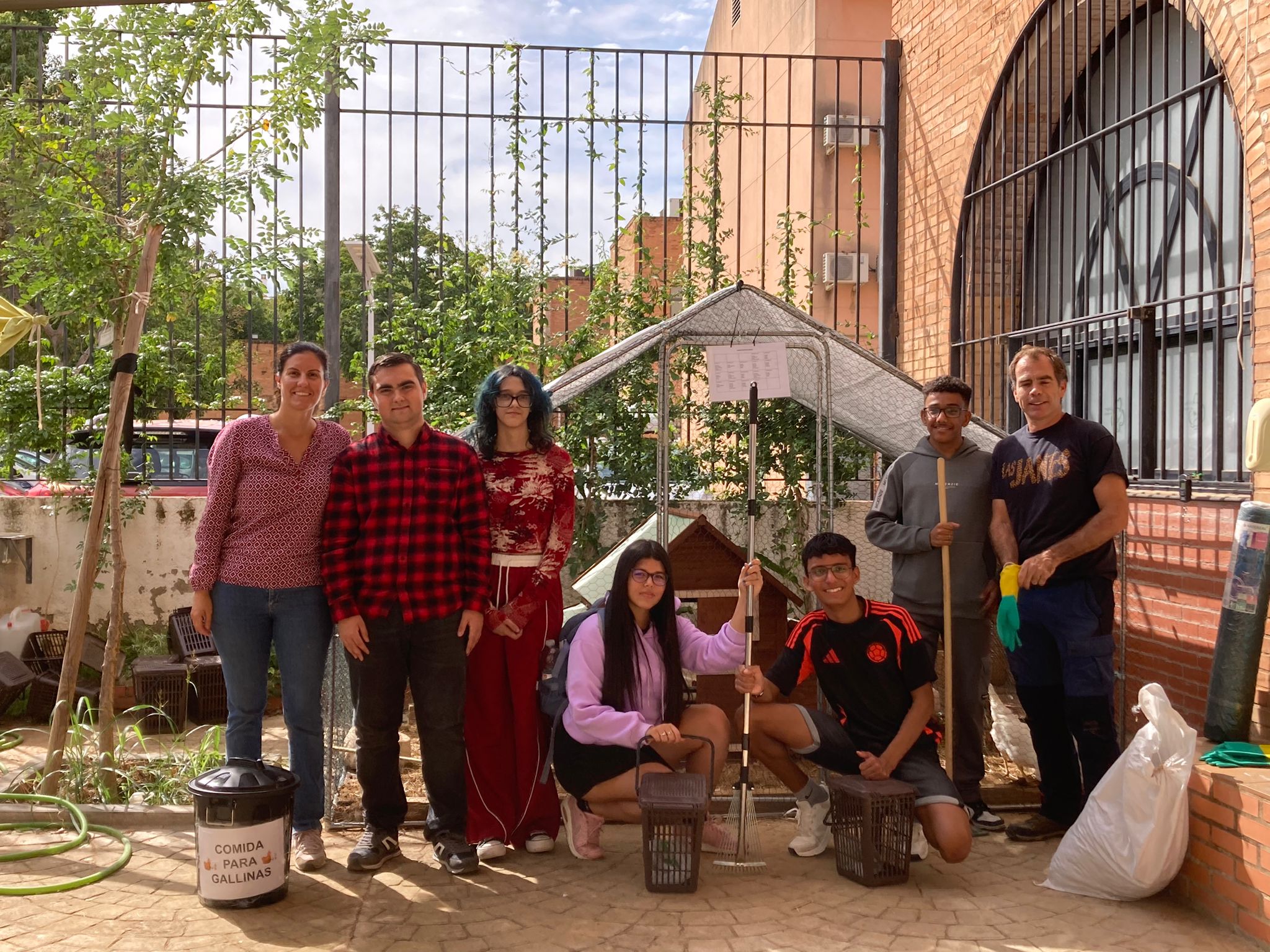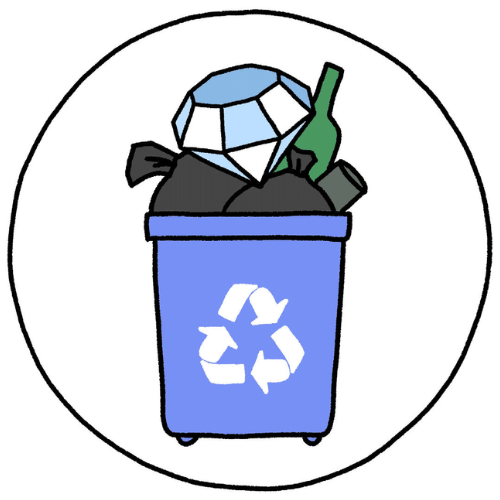Project Description:
We’re a group of researchers who love soil biology and education. We’re passionate about helping to solve a critical issue: the excessive waste that humanity produces. Our project is all about developing and implementing easy-to-use organic waste recycling methods for everyday citizens. These methods include composting, maintaining chicken coops, and creating terrariums. These methods will turn organic waste into valuable substrates for plant agriculture and food for livestock.
We’re so excited to announce this initiative! It will be carried out with the involvement of students from five schools, where we will test the effectiveness of these recycling methods. By engaging students in this project, we not only evaluate the practicality and efficiency of our recycling strategies, but also educate future leaders on the importance of proper waste management. This dual approach ensures that we contribute to solving the waste problem while fostering environmental stewardship and sustainability among the next generation.
Project Type: Kickstarting Grant
Theme: Sustainable Lifestyles, Waste
Mentor:Ilídio André Costa
Educating Tomorrow’s Eco-Leaders: Transforming Waste into Resources
Turning Organic Waste into Opportunity
In Seville, Spain, a groundbreaking initiative is shaping the next generation of environmental leaders. We Are Students Tackling Environmental WASTE (OrgWASTE) is a pioneering project that combines sustainability education with hands-on recycling methods. By engaging high school students in real-world waste management, OrgWASTE is redefining how young people interact with organic waste and environmental stewardship.
A Hands-On Approach to Sustainability
At the heart of OrgWASTE are three innovative recycling methods: composting, maintaining chicken coops, and creating terrariums. These methods transform organic waste into valuable resources like nutrient-rich compost and livestock feed. By involving students from six local high schools, the project fosters a dynamic learning environment where theoretical knowledge is put into practice.
Students gain firsthand experience in converting organic waste into substrates that support plant growth and animal care. This not only addresses pressing waste management issues but also instills environmental responsibility and practical life skills.
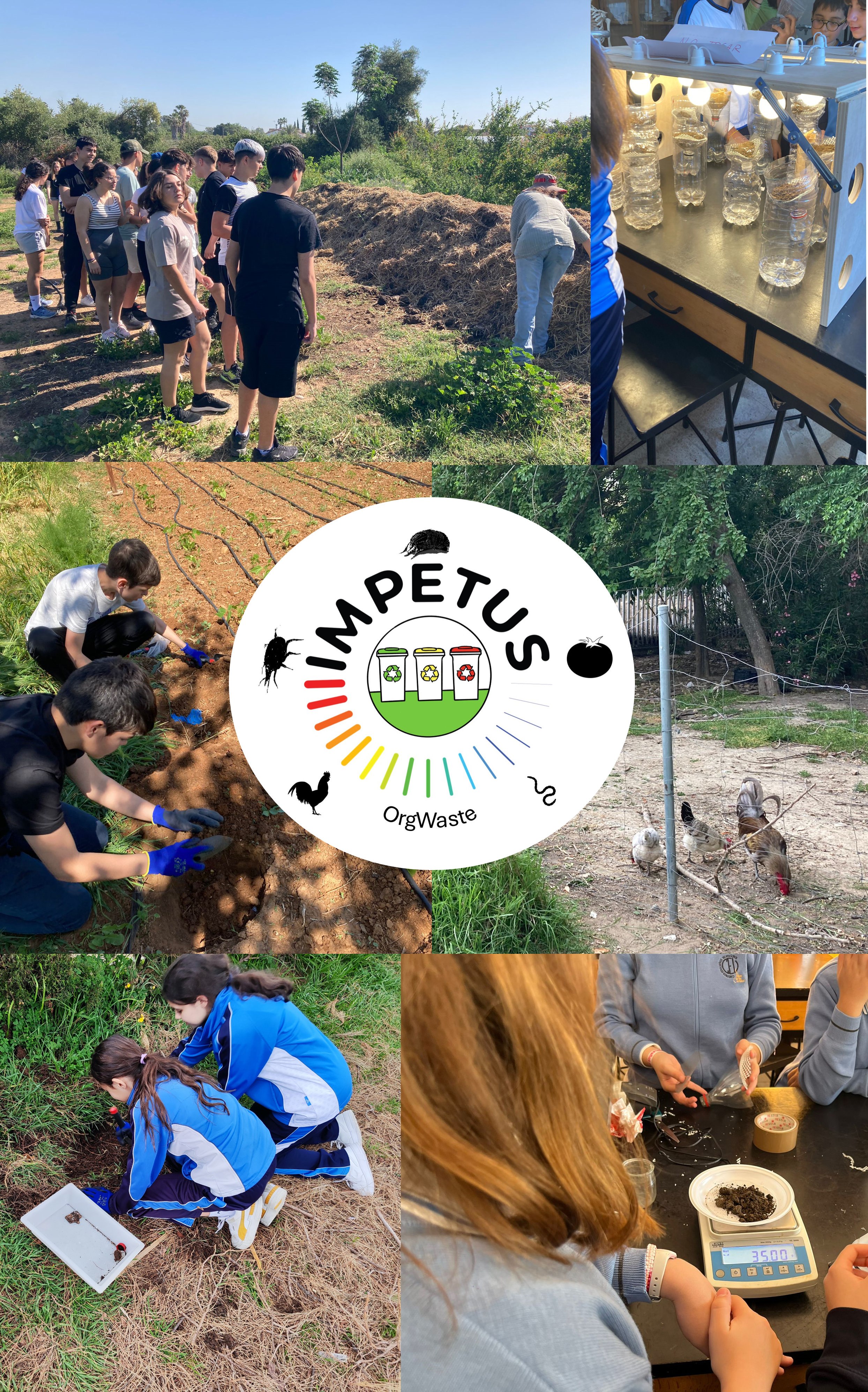
Collaboration and Expert Support
The success of OrgWASTE is driven by collaboration. A team of six researchers and one technician spearhead the project, working alongside key partners such as Ecologistas en Acción, public waste management company LIPASAM, and private firm AGR Biogás. Support from institutions like the University of Seville, CSIC, and IFAPA further strengthens the program. These partnerships provide students with exposure to real-world applications and expert guidance, enriching their educational experience.
Interactive Learning for Lasting Impact
Throughout the 2024-2025 academic year, OrgWASTE students participate in interactive activities designed to enhance their understanding of sustainable waste management:
- September: Students begin with an assessment to gauge their knowledge and attitudes toward organic waste. Visits to the Germinal Social Ecology Center and talks from environmental activists introduce key sustainability concepts.
- October: Hands-on projects take shape as students build and maintain composting systems, chicken coops, and terrariums. Their schoolyards become living laboratories where they observe waste transformation in action.
- Workshops: Experts from AGR Biogás and LIPASAM conduct workshops on converting organic waste into energy and other useful materials, providing real-world insights into waste management solutions.
- Scientific Research: As part of the program, students collect and analyze soil samples, identify soil organisms, and document their findings, gaining valuable scientific research experience.
Developing Communication and Outreach Skills
Beyond environmental science, OrgWASTE emphasizes communication and community engagement. In November, a professional graphic designer helps students create educational materials, allowing them to share their discoveries and promote sustainability awareness within their communities.
The project culminates in January with a conference at the University of Seville, where students present their findings to peers, educators, and industry stakeholders. This experience fosters confidence, public speaking skills, and a sense of accomplishment, reinforcing the importance of their work.
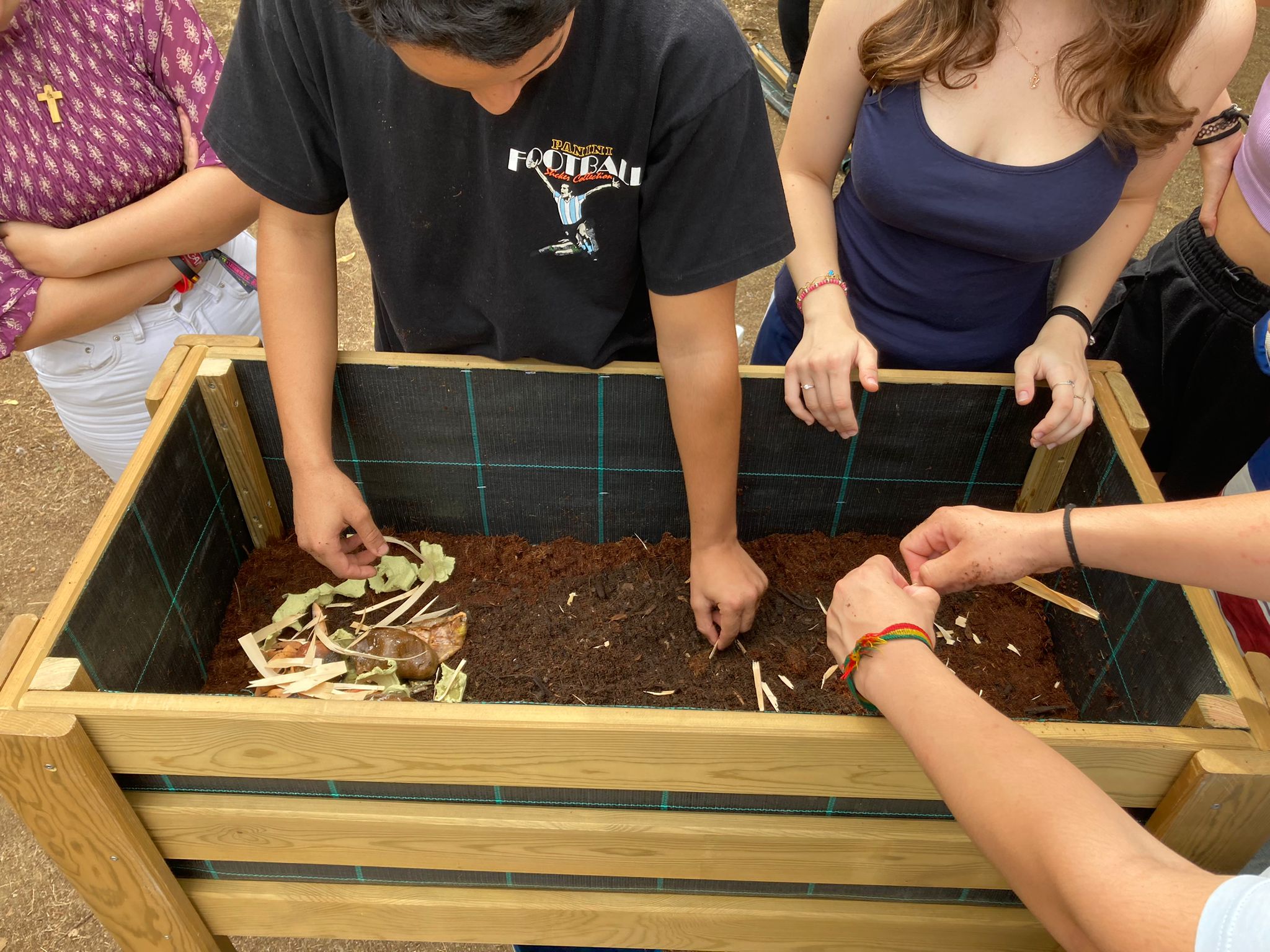
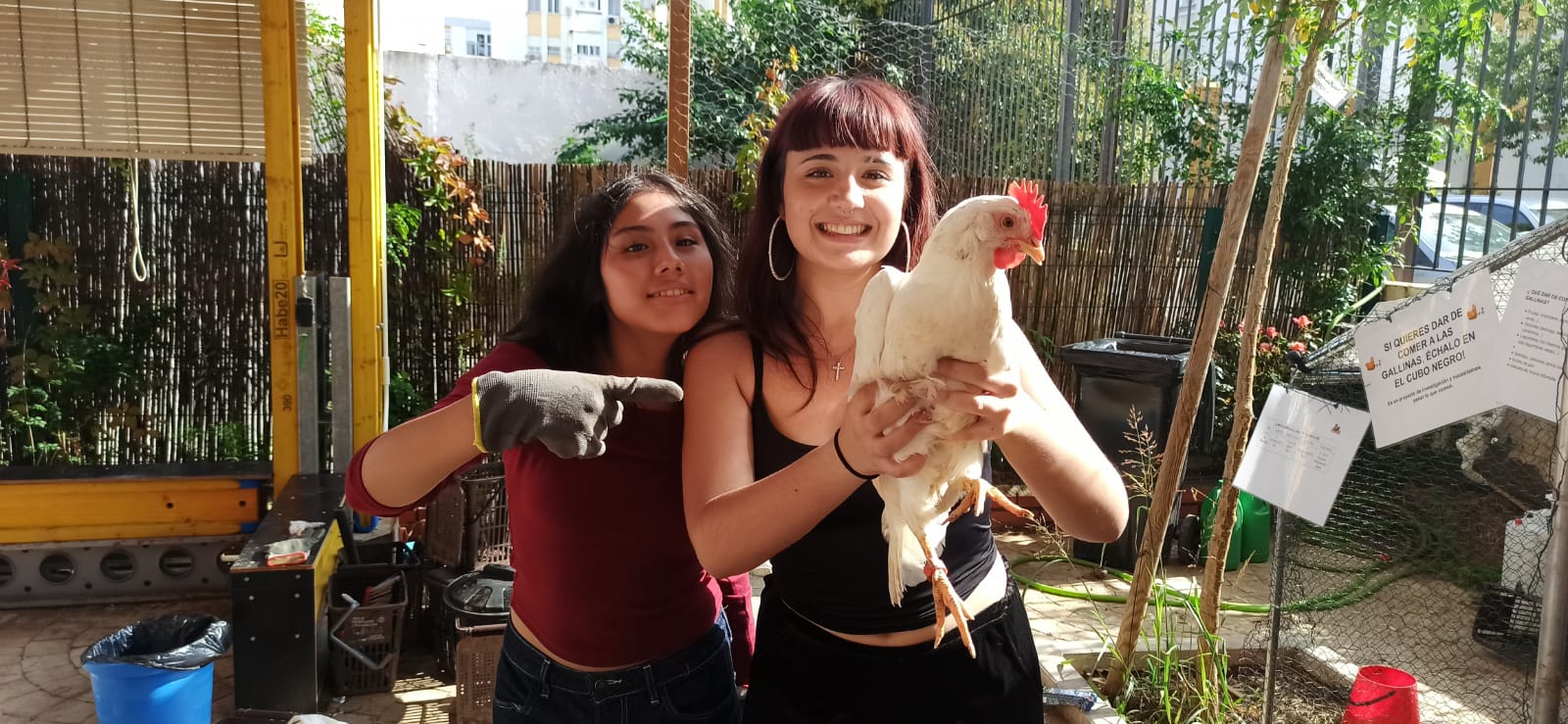
Building a Sustainable Future
OrgWASTE’s influence extends far beyond a single academic year. Schools continue to maintain their organic waste systems, integrating sustainability practices into their daily routines. Looking ahead, the project aims to expand its reach to include citizen groups, neighbourhood communities, and even nursing homes—creating a widespread network of environmentally conscious individuals.
With plans to apply for future grants, OrgWASTE is set to scale its impact and inspire broader adoption of sustainable waste management practices.
A Model for Environmental Education
OrgWASTE is more than just a project—it’s a movement that bridges education, research, and community collaboration to address critical environmental challenges. By turning organic waste into valuable resources and equipping students with practical knowledge, it nurtures a new generation of eco-leaders. These young participants play a crucial role in shaping a more sustainable future—one compost heap at a time.

